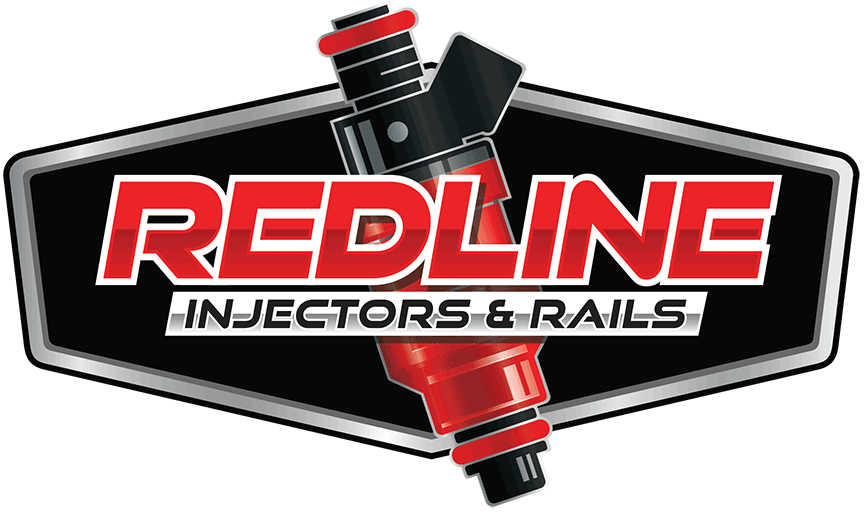Injector testing calibration fluid is a specially formulated liquid used in the process of testing and calibrating fuel injectors. Its primary purpose is to simulate the conditions of actual fuel during injector testing, enabling technicians to assess the injector’s performance, functionality, and accuracy in a controlled environment. The fluid is often used when testing fuel injectors on a diagnostic bench or during routine maintenance to ensure injectors are functioning properly.
Key Purposes of Injector Testing Calibration Fluid:
- Simulating Real Fuel Characteristics:
- Injector Performance Simulation: Calibration fluids are designed to mimic the physical and chemical properties of real gasoline or diesel fuel (depending on the vehicle type), such as viscosity and flow characteristics. This helps in accurately simulating real-world conditions when injectors are tested, ensuring reliable results.
- Clean and Contaminant-Free:
- No Contaminants: Calibration fluids are typically free from impurities, unlike real gasoline or diesel, which may contain dirt, water, or other contaminants. This ensures that testing is done in a controlled and consistent environment, avoiding any additional damage to injectors during the process.
- Precise Flow and Spray Pattern Testing:
- Spray Pattern Evaluation: The fluid allows technicians to evaluate important aspects of the injectors’ performance, such as spray pattern, fuel atomization, and spray angle. By testing injectors with calibration fluid, technicians can ensure that the injectors are spraying fuel efficiently and evenly.
- Port injectors are “eye ball” calibrated and visually measured where as GDI/Piezo injectors are measured entirely by mass sensors, there is nothing visible to the eye. They atomize mass at a time, they do not spray.
- Checking Injector Timing and Pulse Duration:
- Injector Timing: Calibration fluid can be used to assess how accurately an injector is opening and closing based on the timing signals from the ECU. This ensures the injector delivers fuel at the right moment in the combustion cycle.
- Pulse Duration: The fluid can also help assess whether the injector is accurately delivering the required amount of fuel during each pulse, ensuring proper fuel flow.
- Compatibility with Diagnostic Equipment:
- Flow Meters and Test Benches: Calibration fluid is often used in conjunction with specialized diagnostic equipment such as flow meters or injector test benches. These devices measure the injectors’ flow rates and pressure performance. Calibration fluid helps standardize these tests to accurately assess injector performance.
Types of Injector Testing Calibration Fluids:
- Petrol (Gasoline)-Based Calibration Fluids for Port Injectors:
- Designed to mimic gasoline’s characteristics, these fluids are used in testing fuel injectors for gasoline engines. They have a similar viscosity to gasoline and help simulate fuel delivery conditions under various engine loads.
- The specific gravity of pump gas will typically range from about 0.720 to 0.770
- Calibration fluid N-Heptane specific gravity .0.6838
- We use N-Heptane following Bosch or Siemens’ recommendations for port injectors. Have a look at the PDF document. Bosch Recommended Calibration Fluid
- Designed to mimic gasoline’s characteristics, these fluids are used in testing fuel injectors for gasoline engines. They have a similar viscosity to gasoline and help simulate fuel delivery conditions under various engine loads.
- Petrol (Gasoline)-Based Calibration Fluids for GDI/Piezo Injectors:
- These fluids more closely mimic the properties of diesel fuel and have a different viscosity and spray pattern compared to Port Injector fluids and are formulated. Is is the required test fluid for use in dedicated GDI/Piezo injector machines.
- The specific gravity of pump gas will typically range from about 0.720 to 0.770
- Calibration fluid for these injectors requires a specific gravity of 0.73-0.76
- We use Viscor CF140A
- These fluids more closely mimic the properties of diesel fuel and have a different viscosity and spray pattern compared to Port Injector fluids and are formulated. Is is the required test fluid for use in dedicated GDI/Piezo injector machines.
Injector Testing Process Using Calibration Fluid:
- Injector Removal: The fuel injectors are removed from the engine and placed into a specialized injector test bench or cleaning machine.
- Injection of Calibration Fluid: The injector test system is supplied with calibration fluid, which is injected into the test bench at controlled pressure and temperature conditions.
- Performance Testing: The injectors are activated to assess their spray pattern, flow rate, pulse duration, and other performance parameters. The technician will examine the injector’s behavior, ensuring it is functioning within the specifications of the manufacturer.
- Adjustments and Calibration: If necessary, adjustments are made to the injectors to correct issues such as inconsistent spray patterns, incorrect flow rates, or poor atomization. The technician may calibrate the injector using the fluid to ensure it delivers the right amount of fuel for optimal engine performance.
Benefits of Injector Testing with Calibration Fluid:
- Accurate Performance Analysis: The use of calibration fluid allows for precise testing of injectors’ spray patterns, flow rates, and fuel delivery.
- Preventive Maintenance: By regularly testing injectors, you can identify issues before they cause serious engine problems, such as misfires or poor fuel efficiency.
- Improved Engine Efficiency: Well-calibrated injectors ensure proper fuel atomization and combustion, leading to better fuel economy, power output, and reduced emissions.
Conclusion:
Injector testing calibration fluid is a critical component used in diagnostic tests and injector maintenance. It helps ensure that fuel injectors perform optimally, delivering the correct amount of fuel with the proper spray pattern and timing. By using calibration fluid, technicians can assess the injectors’ condition without the risk of contamination or damage from real fuel, enabling more accurate performance evaluations and effective maintenance. Different classes of injectors require different machines and different machines require different fluids. Its that simple.
